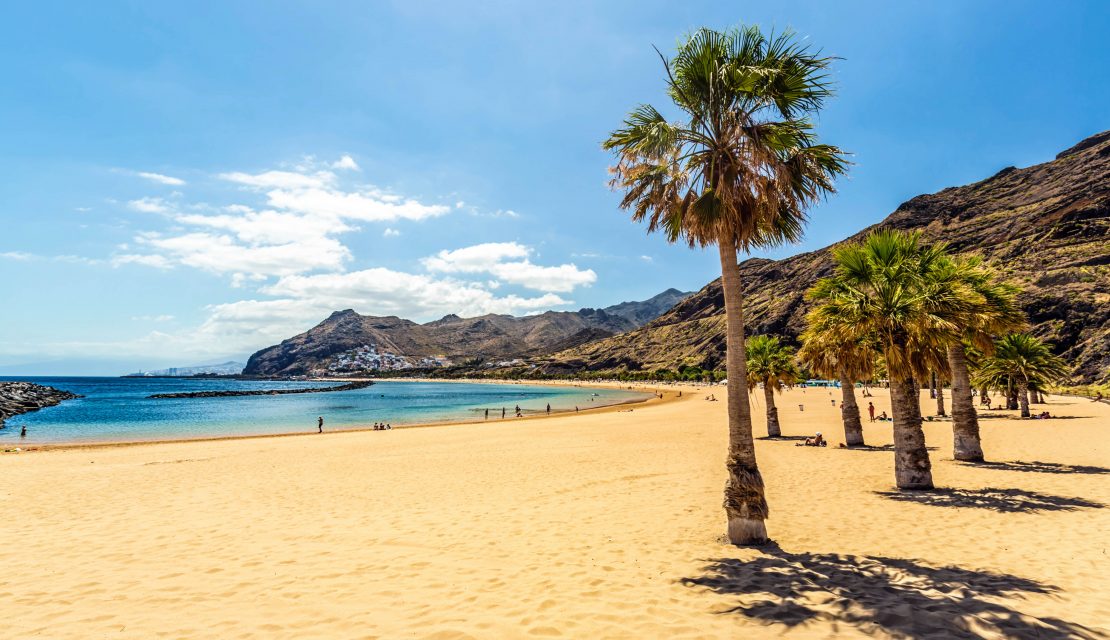Guide to buying property in Tenerife

The Benefits of living in Tenerife
There are huge benefits for people from the UK and elsewhere to buy property in Tenerife. The all year summer-like weather is the obvious attraction, but Tenerife offers so much to almost everyone whether the extremely low cost of living, the beautiful mountains and pine forests or just the fabulous low key lifestyle of foreigners and locals alike, on these, the aptly named “Fortunate Islands”.
Many people are now exchanging their dowdy lifestyle back home for the beautiful sub-tropical climate enjoyed here, and with the renewed confidence, wealth, and aspirations of Europe’s forty, fifty and sixty something’s, there is ongoing demand for property in Tenerife, particularly in the South around Playa de las Americas. However there are many subtle differences in the way property is transacted in Spain and its islands so it is important to do your homework in advance and ensure that you have experienced professionals helping to guide your purchase.
How is Property sold?
Most property is sold, as in the U.K., through Estate Agents. When you see an advert or find a property you would like to view on an agents’ website, you can visit the property with the agent’s representative, and if you are interested in purchasing, make an offer to the Estate Agent. Property owners here generally know the value of their property but some negotiation normally takes place with the Estate Agent mediating. It is very common here for properties to be sold furnished and one other thing to note is that there is no formal survey system here so you need largely to use your own judgement on the condition of the property.
What is the procedure for purchasing?
If your offer is accepted, you will be asked to pay a deposit, normally of 10%. It is wisest at this point to appoint an independent lawyer who will look after solely your interests. The cost of a lawyer locally will depend on the value of the property you are buying and the work involved but for a standard apartment purchase would normally be in the region of 1500 – 2500€.
And after I pay the 10%?
Having paid your 10% what now? Well your Lawyer and / or Estate Agent should immediately apply for a “Nota Simple” from the local Land Registry. This is a document which tells the lawyer if there are any charges, mortgages or embargos on the property. Assuming all is well, the Estate Agent or the Solicitor will draw up the private contract of purchase and sale and this needs to be signed by you and the sellers as soon as possible. It would be normal for the contract to be written in Spanish, but most good Estate Agents or Lawyers will provide a side by side translation in your language. If you have any doubt about what you are signing, don’t! After signing be clear that if you fail to complete the transaction in the agreed time, you may lose all of your deposit.
The Completion?
In due course, probably around four to six weeks later, the transaction will be completed at the offices of a local Notary. The Notary checks and confirms the terms and conditions of the transaction. It is required by law that the buyer(s) and the seller(s) or their nominated representatives, are present. If you cannot attend, you need to grant a power of attorney (much easier here than in Britain) to the person (Lawyer, Estate Agent, friend etc) representing you. You will be asked for a number of banker’s drafts (guaranteed cheques) to total up to the agreed purchase price. If the seller has a mortgage, you will probably provide a draft made payable to the sellers bank to pay off the mortgage. If the seller is a non-resident, 3% of the price will be paid directly by you to the tax authorities as non-resident sellers must pay this then satisfy the hacienda (tax authorities) that they do not owe any tax, before having it refunded. Everything else is paid directly to the vendor by banker’s draft. Care must be taken when transferring money as banks in Spain can charge large amounts for receiving money or raising bankers drafts. Charges amounting to thousands of euros are not uncommon.
What additional costs do I have to pay? Your lawyer will also need to have sufficient funds from you to cover taxes and costs arising from the transaction as follows.
- Transmission tax = 6.5% of the value of the transaction (for resale properties).
- Notary and registration fees of around 2000€.
- Solicitor = about 2,000€ including the change over of utilities.
On a property of 200,000€ this would normally represent around 8% but your lawyer will probably ask you for 10% so don’t forget to ask for a list of costs with your change, several months after the transaction.
Note: For new properties where you are the first owner, the tax would be 1% and you will have to pay 7% IGIC (vat), so a total of 8% thereby increasing your costs by another 1.5%.
After all this, you should now be the proud owner of your dream home in the sun, where council tax is only a few hundred euros a year, and your rubbish is collected daily for a hundred or so euros a year. If you live in a community (all apartments form part of a community) you will have to pay community fees to maintain the pool, take care of the gardens, lifts and other communal resources.
Anything else?
Draw up a will. As you will be making several visits to lawyers and a least one to the Notary office, do it while you are there, it costs little and can spare your family a lot of problems if anything untoward happens. Oh yes one last thing, you will have to apply for an NIE number, this is simply to register you, and must be done before your property purchase is completed, your Lawyer or Estate Agent will advise. Otherwise, relax, learn some Spanish, and enjoy holidaying or living in one the best places on the entire earth.


